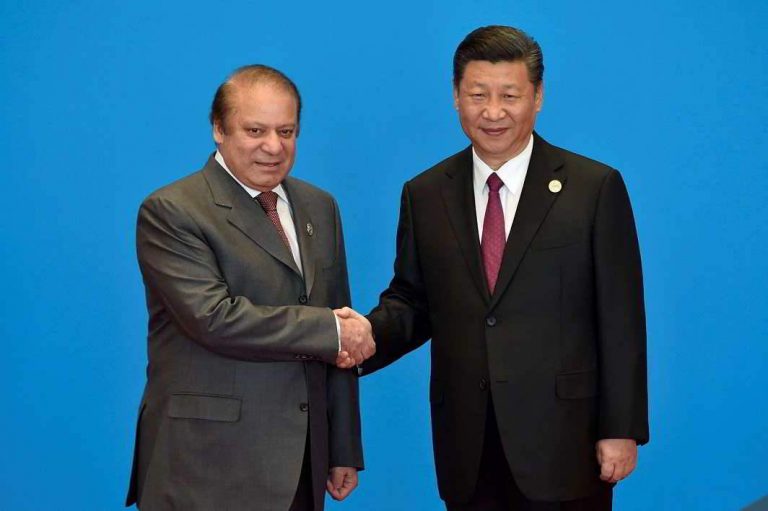
ISIS may have claimed that they kidnapped and murdered the two teachers, but their security was to be ensured by Pakistani forces
By Sujit Bhar
Early signs have emerged as to how difficult it will be for China to construct and manage the China Pakistan Economic Corridor (CPEC), a vital part of China’s ambitious Belt and Road Initiative (BRI).
On May 24, alleged armed Islamic State operatives, posing as policemen, kidnapped two language teachers in the provincial capital of Quetta, and murdered them. Both were Chinese. The kidnapping and murder took place in the hugely troubled Balochistan area of Pakistan, a critical component of the CPEC.
The CPEC is expected to also run through Pakistan Occupied Kashmir (POK), one of the reasons why India has refused to be part of the BRI, creating a major embarrassment for China in last month’s much-publicised meeting in Beijing where even the US attended and promised participation in the BRI. Japan also did not attend the meeting.
According to reports, this information was received from ISIS’ news agency called Amaq. The killing highlights the inability of Pakistani forces to safeguard Chinese workers and the Chinese foreign ministry is reportedly “gravely concerned” over this development.
The two language teachers—China has a policy of extending its social and cultural influence in areas where it sets up business, the first of them being setting up language teaching schools, where crash courses in Chinese languages are offered—were in no way any threat to the ISIS. Their murder is therefore only symbolic, with the terrorists stamping their presence in the area.
Balochistan is a hotbed of trouble. The locals are fiercely independent and have never accepted the forcible occupation of their land by Pakistani forces. Illegal killings and insurgency has reached its peak in the area, with protest voices over Pakistani coercion having reached UN corridors as well.

Within this chaos has stepped in all manner of jihadi and insurgent groups that seek to establish early bases in the area to reap the economic benefits of the CPEC if and when it starts. These are early signs. Beijing has committed nearly $56 billion to the project through Pakistan, leaving the security aspect to be handled by Pakistani forces which are anyway stretched through the usual trouble spots.
The ISIS news agency Amaq has reportedly said: “Islamic State fighters killed two Chinese people they had been holding in Balochistan province, south-west Pakistan.”
The Baloch government of Pakistan said they were trying to find out “whether the report is true”.
The Pakistani comment was contradicted by the Chinese foreign ministry which said: “We have been trying to rescue the two kidnapped hostages over the past days.”
This will not remain an isolated incident. A mammoth number of Pakistani security forces have been deployed across the proposed CPEC region just to safeguard Chinese workers. This, anyway, has thinned down security coverage at other places. However, if the Pakistanis expect money to flow out of Chinese encampments as they used to out of US ones, the Pakistanis are in for a surprise.
One is not implying that the ISIS claim is hollow, or that they are in a pact with ISI to milk the Chinese, but China must understand that being hand in hand with the super corrupt Pakistani military establishment has its cost.
If the CPEC has to be completed in time and has to be kept secure and serviceable, vested interests on both sides—the corrupt Pakistani establishment and the insurgents—have to be satisfied. The problem is that Pakistan’s ISI is quite capable of striking independent deals with such insurgents to squeeze money out of the Chinese. Kidnappings would form the easiest form of illegal revenue.
And Balochistan’s disturbed status will enable the Pakistani security forces to easily transfer blame to any of the banned outfits currently operating in those stormy waters.
One is not implying that the ISIS claim is hollow, or that they are in a pact with ISI to milk the Chinese, but China must understand that being hand in hand with the super corrupt Pakistani military establishment has its cost.
And these are the early days of that turbulent relationship.

